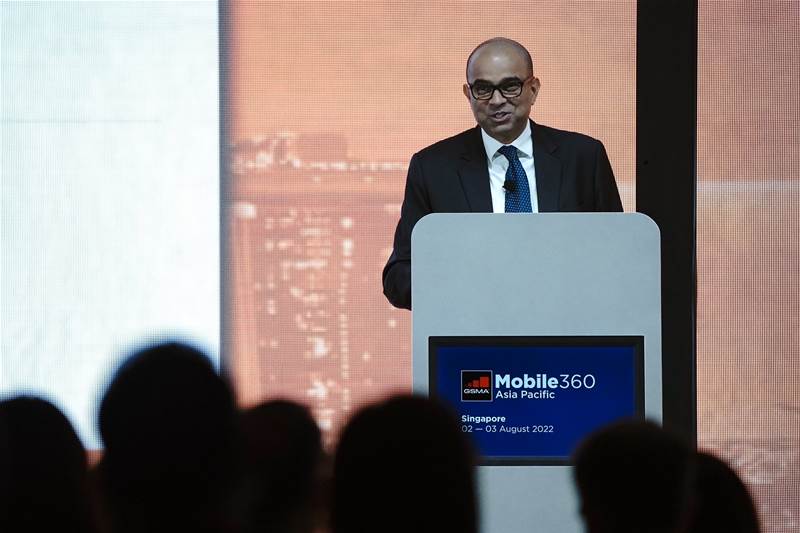Giving a broad overview of the country’s digital strategy, Senior Minister of State for Communications and Information, Janil Puthucheary, said Singapore needs to find ways to manage the challenges and risks of digitalisation in order to allow enterprises to maximise its benefits.
Speaking at the inauguration of the Mobile360 Asia Pacific event in Singapore, Puthucheary added there was a need for “multi-faceted interventions and (involvement of) multiple stakeholders across different domains are needed”.
“Online safety, cybersecurity, data protection, and system integrity need to be upheld… This is vital as it preserves trust, and trust is the bedrock of our digital future,” the minister said.
The Minister said the government understood the need to make early investments to ensure the continued relevance of the country’s underlying digital infrastructure.
This forms the bedrock and basis of innovative solutions that we need to develop, deliver and deploy, he said.
He noted that 5G was a case in point.
“The roll-out of our standalone networks is on track; and at the same time, we are working with various enterprises… to develop and scale up 5G use cases,” Puthucheary said.
He gave the example of Asia Pacific’s first holo-medicine project by the National University Health System (NUHS).
It employs mixed reality for enhanced clinical care, the Minister said. More details about the project are expected to be announced.
Research
He added that Singapore recognised the need to drive research in digital technologies that have transformative potential.
In this context, he mentioned the already announced $S25 billion investment in the government’s Research, Innovation and Enterprise 2025 Plan.
The Minister noted that as Singapore enhanced its infrastructure and research capabilities, it needed to, in parallel, review its regulatory frameworks in a “consultative and collaborative manner to keep pace with technological advancements”.
Another major area of focus was building digital capabilities so that Singapore enterprises and the workforce could maximise their opportunities within the digital economy.
This would include, the Minister said, support for small and medium-sized enterprises (SMEs) in their digital transformation, to boost their productivity and competitiveness as well as help local businesses to access new markets.
He added that the key to many of these efforts was the development of human capacity.
The government was working with industry and educational institutions and as an example; he noted that the 5G academy has upskilled over 4,000 individuals locally for higher-value roles in the telecommunications-related sectors.
Puthucheary said the government was also “deepening collaborations” with other Governments and industry partners globally and regionally.








